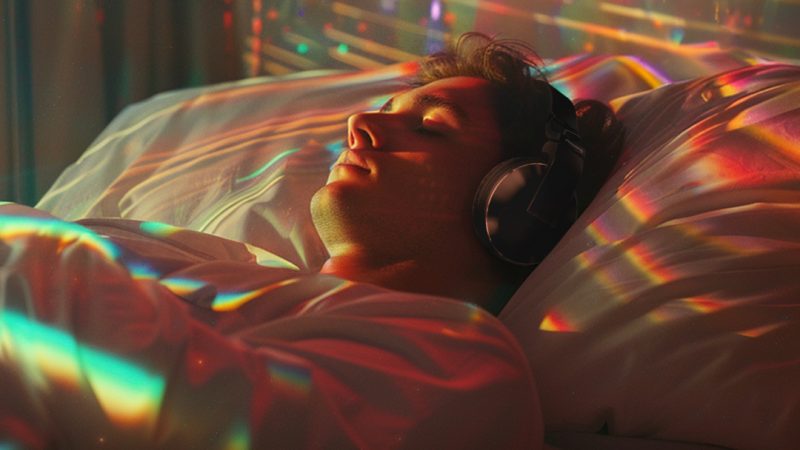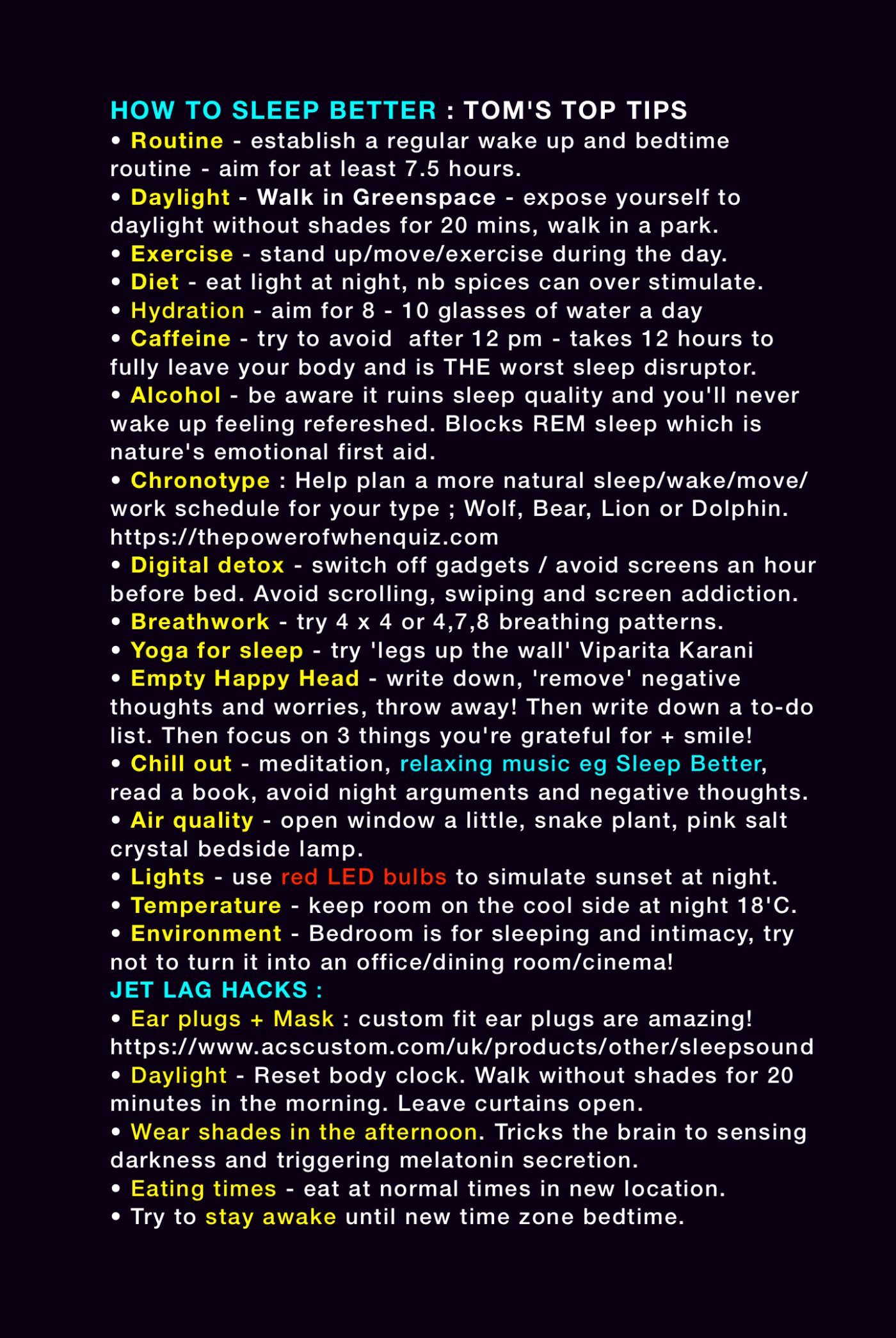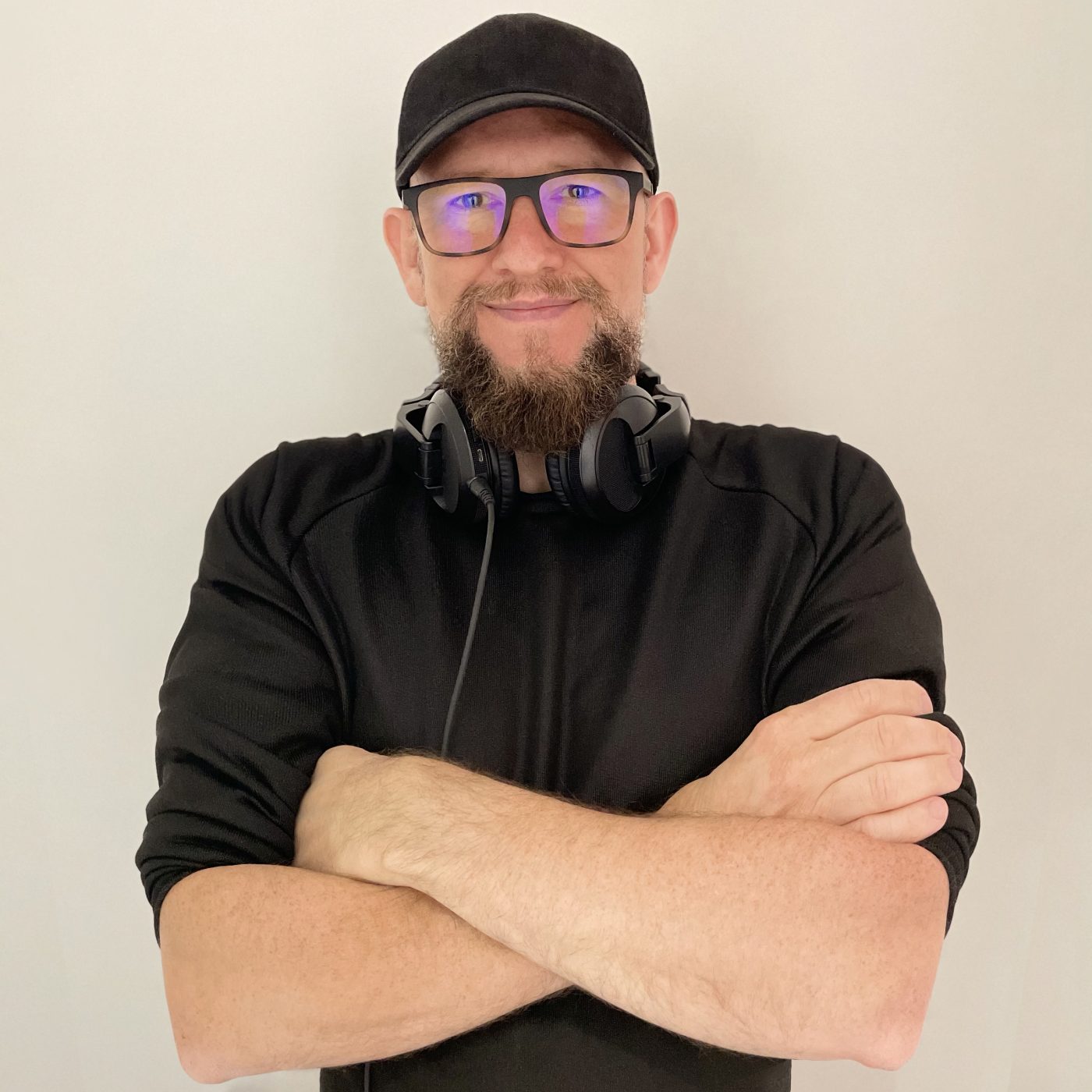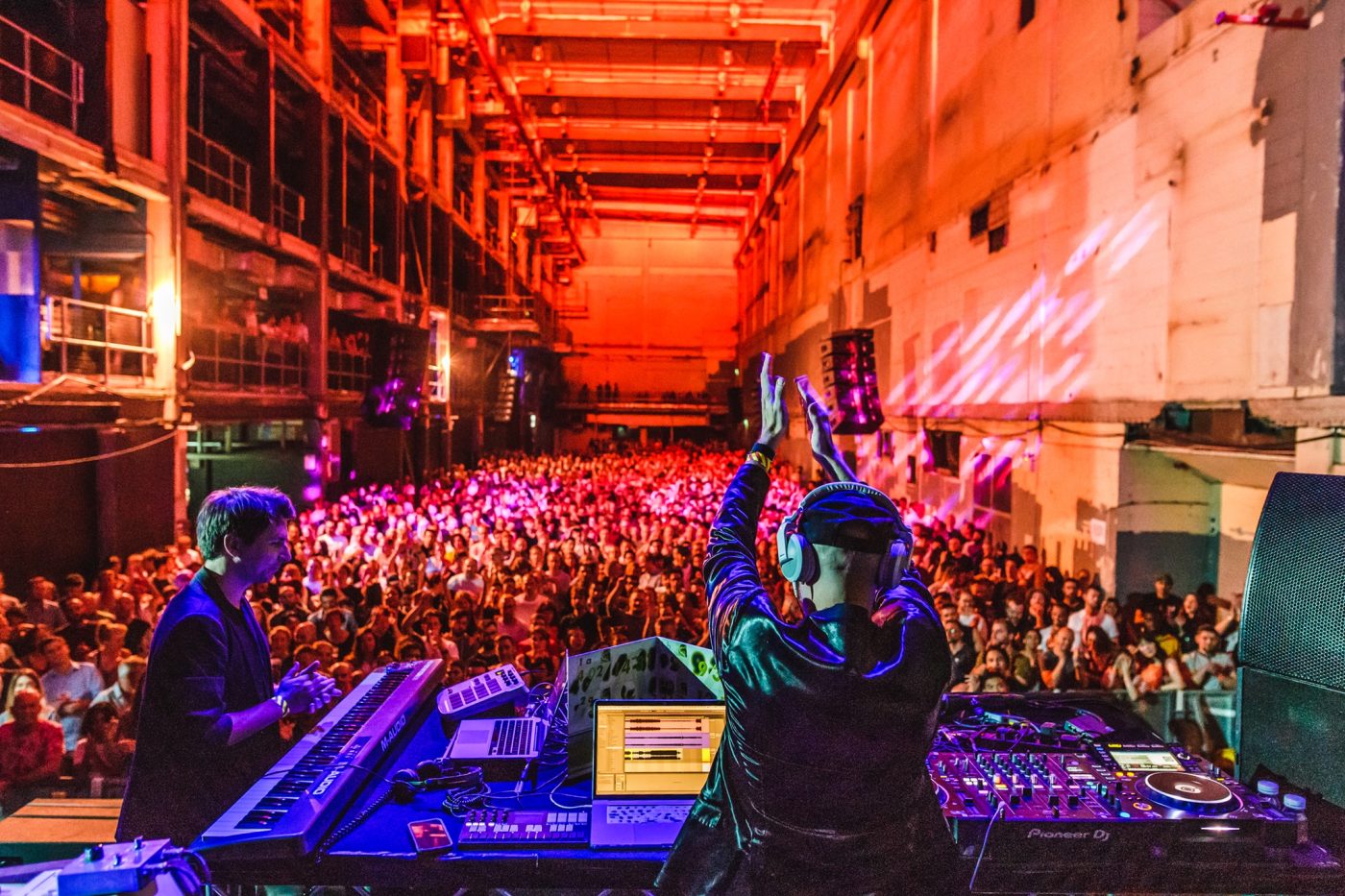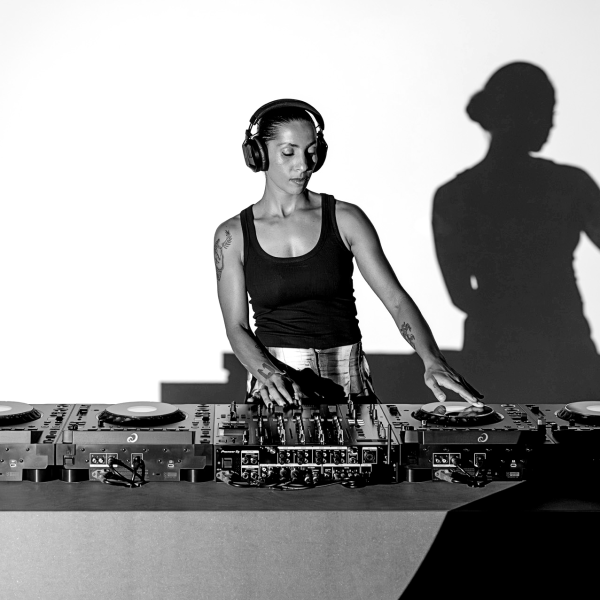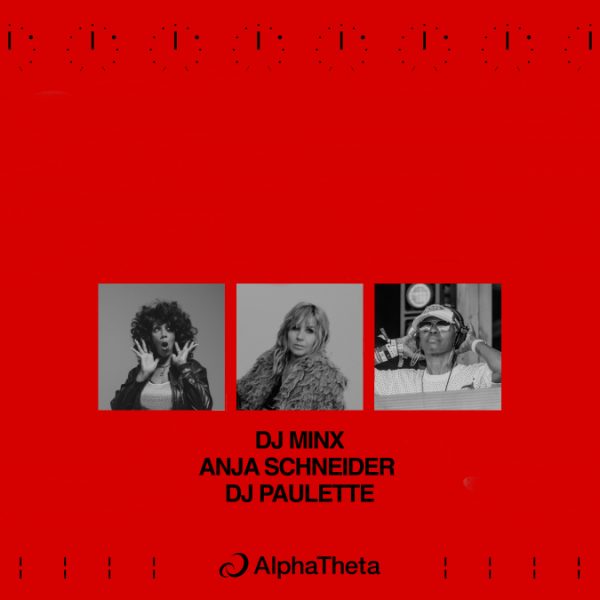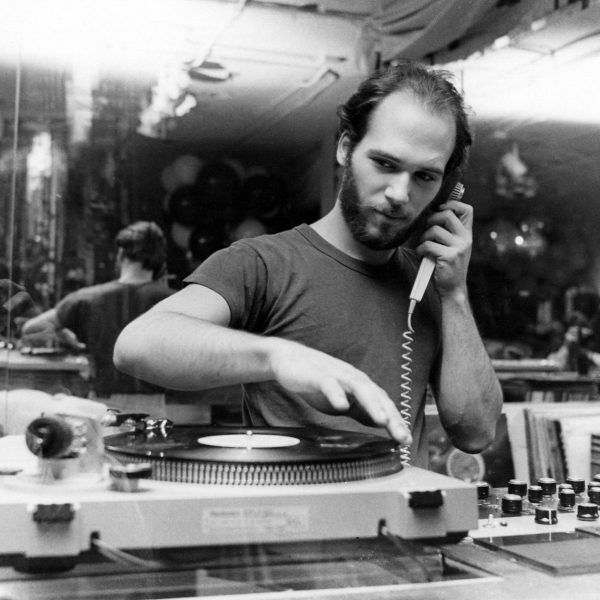SUBSTANCES AND SUPPLEMENTS
Let’s talk about the effects of alcohol and other substances on sleep. I’m guessing that the simple truth is avoidance wherever you can is best?
Exactly. While it’s common to think that a nightcap can help you sleep better, the reality is quite different. Alcohol acts as a sedative, which may initially make you feel drowsy, but it doesn’t promote the kind of restorative sleep your body needs. Unlike hypnotic drugs, which are designed to induce sleep more naturally, alcohol suppresses your ability to enter the deeper stages of sleep, particularly REM sleep, which is crucial for processing emotions and memories.
As a result, while you might fall asleep faster your sleep is fragmented and lacks the deep, slow-wave stages that are essential for true rest and recovery. This is why you often wake up feeling groggy, with a headache, or even with a hangover—your sleep quality was significantly compromised.
When it comes to other substances, CBD has shown some promise in promoting better sleep. Recent studies suggest that a dose of around 80mg of CBD can significantly improve sleep quality, doubling the positive reports compared to a placebo. At 160mg, the effects are even more pronounced, nearly quintupling positive sleep outcomes. However, it’s important to remember that individual responses to CBD can vary, so it’s worth starting with a lower dose and adjusting as needed. Consulting with a healthcare professional is always a good step when exploring CBD for sleep.
I’m conscious that some DJs might be relying on heavier-duty sleeping aids, like Valium, Xanax, or melatonin. How do you approach this realm?
The use of heavy-duty sleeping aids like Valium and Xanax falls into the category of hypnotics, which are a specific class of drugs designed to induce sleep. These medications work by affecting neurotransmitters in the brain to create a state of sedation, often leading to what feels like amnesia or anesthesia rather than natural sleep. They can be effective in the short term but come with significant risks, including dependency, tolerance, and disrupted sleep architecture.
As a sleep science coach, I’m not qualified to prescribe or recommend these medications, but I can provide guidance on where to seek help. If you’re struggling with sleep, it’s important to consult with your GP or therapist to explore whether these medications might be appropriate as a last resort. It’s also essential to discuss potential side effects and the impact these drugs could have on your overall health and well-being. There are often alternative strategies that can be explored first, such as cognitive behavioral therapy for insomnia or lifestyle adjustments, which can be just as effective without the risks associated with hypnotics.
How about supplements like magnesium and so on?
Melatonin, the hormone that regulates sleep, is produced through a biochemical pathway that starts with tryptophan, an amino acid found in foods like turkey and nuts. Tryptophan is converted into 5-HTP, which then transforms into serotonin—a neurotransmitter that stabilizes mood and plays a crucial role in sleep. Finally, serotonin is converted into melatonin in response to darkness, signaling your body that it’s time to sleep.
To support this natural process, several supplements can be beneficial. Tryptophan and 5-HTP supplements directly boost serotonin levels, which is critical for melatonin production. Magnesium is another essential supplement, as it helps regulate neurotransmitters involved in sleep, promoting relaxation. GABA and L-Theanine are also useful, as they have calming effects on the nervous system, reducing anxiety and preparing the body for sleep.
Additionally, Vitamin B6 is crucial as it aids in the conversion of tryptophan to serotonin, while vitamin D supports overall sleep health and may enhance serotonin production. While melatonin supplements can be effective for short-term use, such as adjusting to time zone changes, it’s generally better to support your body’s natural ability to produce melatonin through these pathways.
The key is to try these supplements and see how they work for you, but always with the goal of eventually relying less on external aids and more on your body’s natural ability to regulate sleep.
THE BIG PICTURE
With everything that we’ve said so far in mind, do you think that we almost need to shift the way that we view DJing as a profession? It feels that the buzz of it and the lifestyle, getting to do what you love, can mask the often significant health downsides.
Absolutely, I think we do need to shift our perspective on DJing as a profession, particularly when it comes to the impact on health. The buzz and excitement of performing, combined with the lifestyle, can often overshadow the significant health risks, particularly related to sleep. Awareness is key here. We need to normalize conversations around the challenges of sleep and health in the DJ community. If influential DJs start sharing their struggles and the steps they’re taking to improve, it could set a powerful example for others.
Imagine if top DJs committed to improving their sleep over six months and shared their journey. It could be a compelling pilot study on the benefits of prioritizing sleep health in such a demanding profession. Regular check-ins, accountability measures, and even keeping a sleep diary could provide valuable insights and encourage others to take their sleep more seriously. (If anyone is interested, reach out!)
Resources like Tamsin Embleton’s book Touring and Mental Health: The Music Industry Manual which includes a chapter on sleep that I wrote, are invaluable. This book is a comprehensive guide for anyone in the music industry, offering practical advice on how to tour healthily. It should be considered essential reading for DJs.
As a community, we can support each other by sharing practical sleep hygiene tips and best practices. Simple, affordable actions—like investing in custom earplugs, adding plants to your bedroom, or supplementing with vitamin D and magnesium—can have a big impact. These steps are not only inexpensive but also add up to create a healthier lifestyle.
Ultimately, it’s about finding what works for you. Be kind to yourself, and recognize that everyone’s sleep needs are different. Avoid getting caught up in orthosomnia, or anxiety around sleep performance. Reflect on the last time you had a great night’s sleep—what made it possible? Try to recreate those conditions in your daily life. Whether it’s through soundscapes that mimic a tranquil holiday setting or simply sticking to a consistent routine, small changes can lead to significant improvements in sleep and overall well-being.
One of the classic examples of touring life and sleep is arriving at a beautiful five-star hotel at 5 or 6 in the morning. You see the perfectly made bed, but instead of sleeping, you pack your bag, get in the car, and head straight to the airport. You never even get to use that beautiful room because of your schedule. Then you’re sleeping on a plane, a train, or in a car. The DJ life isn’t as glamorous as it seems, believe me [laughs]. But I understand the struggle, which is why I’m so passionate about sharing what I’ve learned about hacking your sleep and daily lifestyle practices.
It’s crucial to recognize what’s happening in your body and mind—how the lack of sleep, constant travel, and irregular hours are affecting your health and well-being. Once you become aware of these impacts, you can start learning the tips and tricks to improve your sleep hygiene and overall lifestyle. Understanding how your schedule disrupts your natural rhythms, and taking steps to mitigate those effects, is key. It’s about figuring out what works for you and then being consistent with those practices. That’s it. There’s not much more to it.

